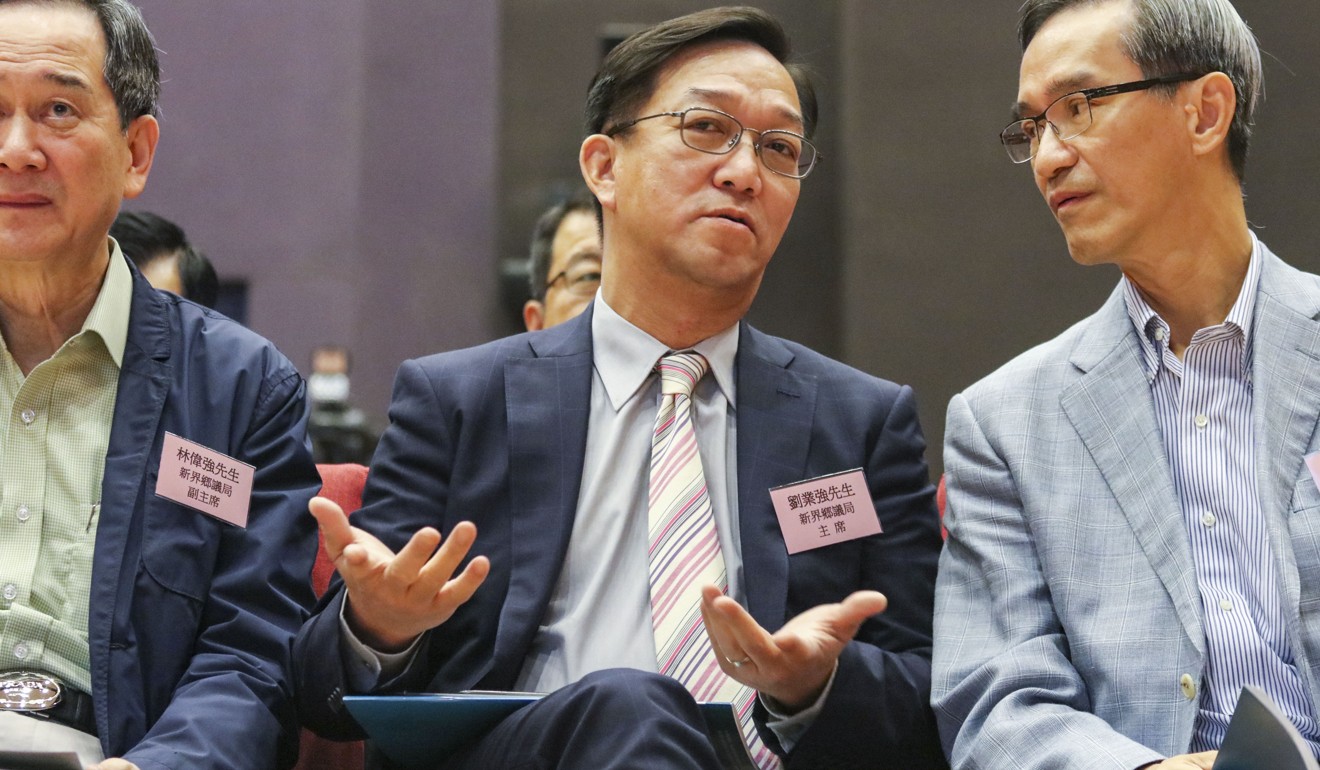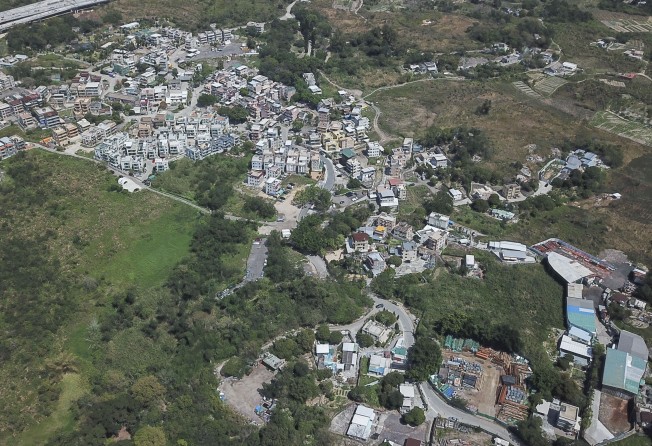
Village head hopefuls must accept Hong Kong is inalienable part of China to qualify for elections under new plan
New guidelines are meant to align with requirements in Legco and chief executive polls, election watchdog says

Rural residents vying for the position of village head would have to declare their acceptance of Hong Kong as an inalienable part of China or face disqualification, under revised election guidelines released on Tuesday for a month-long consultation.
According to the proposal, those who sign the declaration would be bound by it and could face criminal charges if they violated the terms.
Mr Justice Barnabas Fung Wah, chairman of the Electoral Affairs Commission, the city’s election watchdog, said the new requirement was to bring rural elections in line with the selection process of the chief executive, as well as Legislative Council and district council polls.

“There will be a confirmation form for a candidate to state that he or she understands the relevant provisions of the Basic Law and the legal requirements and responsibilities involved,” Fung said, noting that upholding the city’s mini-constitution would mean accepting the articles stating that Hong Kong is part of China and under the central government.
The Basic Law also states that the traditional rights of indigenous New Territories residents shall be protected.
But on the contentious issue of the small-house policy, Fung declined to comment on whether a candidate who did not support the concept would be seen as failing to uphold the Basic Law and risk being disqualified from elections.
The small-house policy allows indigenous male residents of old villages in the New Territories to build a three-storey house on their land or government land bought at a discount.
Rural leaders consider the policy to be part of their traditional rights protected by the Basic Law, while critics say the mini-constitution does not specify what these rights are, especially since the policy only started from the 1970s and was meant as a temporary measure.
Fung said the power of deciding whether a candidate was qualified belonged to the returning officer and that his commission had no role to play in the matter.
Under the present system, the indigenous head of a village, who is directly elected by residents, is given a seat on the district’s rural committee. A rural committee chairman, elected among village heads, will have a seat in the district council and will also become an ex-officio member of the Heung Yee Kuk, a powerful body representing villager interests.
The kuk also has a seat in Legco, and it holds 26 seats on the 1,200-member Election Committee tasked with choosing Hong Kong’s leader.
The revised guidelines also push for voters to produce their identity cards for verification before casting ballots. Other requirements include villagers having to prove they have lived in their homes for at least three years to be eligible to vote, and produce documentation of a change in address if they have moved to another village.
The rural election is to be held next January, and will involve 1,480 representatives across 709 villages.
The four-year term of the existing members will end on March 31 next year.